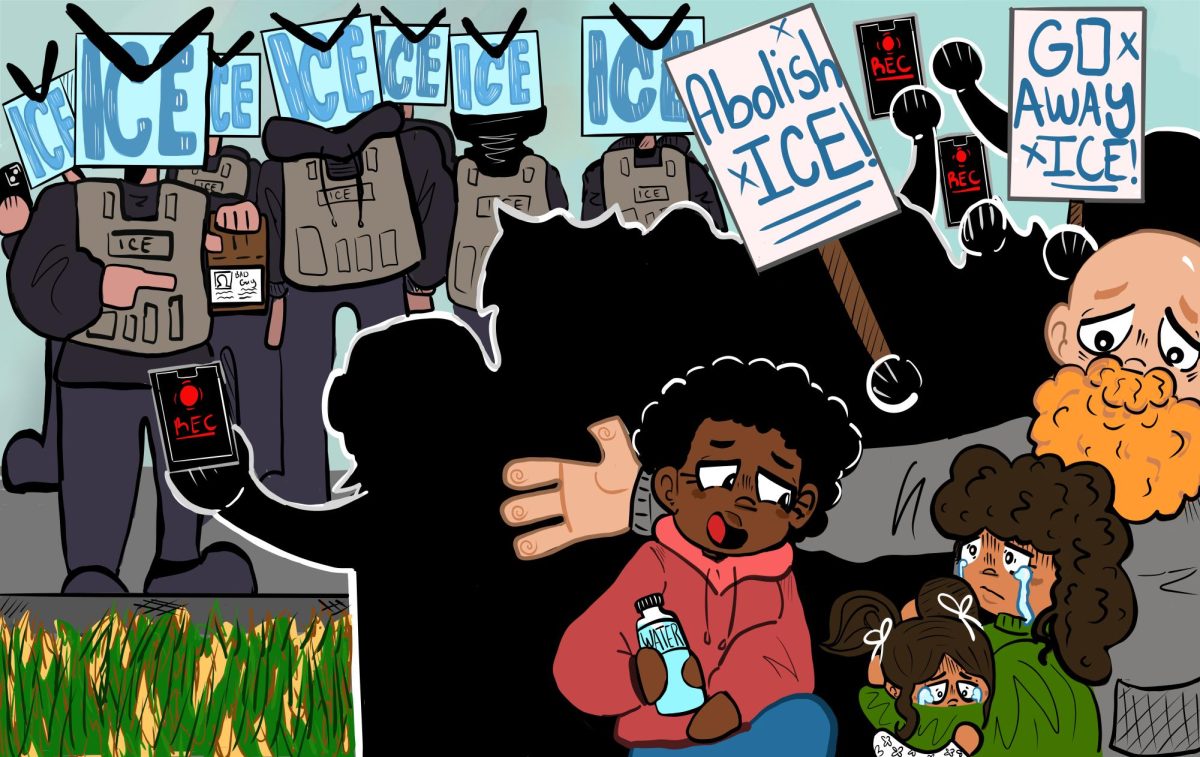By Brandy Voirin/reporter
When people cheat, they usually know there’s a chance of getting punished. But it seems this truth has slipped the minds of many people.
Cyclist Lance Armstrong allegedly hit two parked cars and suggested his girlfriend say she drove the vehicle. Allowing others to unfairly own responsibility for one’s action is wrong.
And in some realms, apologies appear to be the great cleansing medicine for the soul.
New York Yankee Alex Rodriguez started the apology chapter of the “I’m a changed man.” Rodriguez listlessly fought to overturn the longest drug-related suspension given to a pro baseball player, an entire season, for using banned performance-enhancing drugs even after he was proved guilty.
“When professional athletes use drugs to enhance their performance, they are not heroes — they are cheaters,” said U.S. Attorney Wifredo Ferrer in announcing the indictments at a 2014 news conference.
Rodriguez finally admitted wrongful actions and named others involved in the cheating escapades, but only when the immunity card was in his deck of possibilities.
Last week, NBC Nightly News anchor Brian Williams was suspended for six months without pay.
For years, Williams had claimed his Chinook helicopter was “hit and crippled by enemy fire” during the invasion of Iraq. After Williams featured the story on his Nightly News broadcast Jan. 30, a flight engineer on the helicopter that was hit posted a message on Facebook saying Williams was not on the same aircraft. Only then did Williams admit the truth.
Not only did Williams cheat himself out of public trust and a $5 million salary, but he also cheated those who were involved in the Iraq event.
Cheating is not just a one-term game. It’s a never-ending thread of lies.
Credibility and self-worth matter much more. Everyone should just say no to cheating.






















